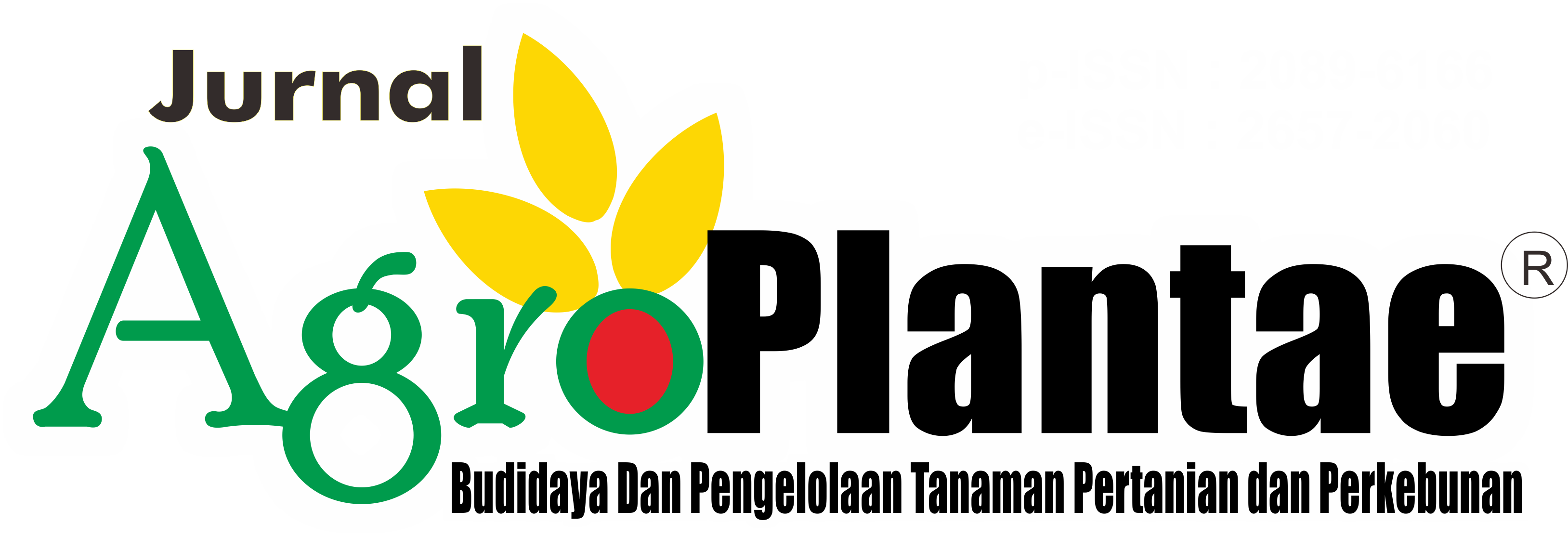APLIKASI PUPUK HAYATI PENAMBAT N TERHADAP PERTUMBUHAN DAN HASIL KEDELAI EDAMAME (Glycine max (L.) Merr.)
Abstract
Edamame soybean (Glycine max (L.) Merr.) is a commodity with high market demand but not matched by adequate production. Improvement of edamame production area can be done by application of N-fixing biological fertilizer, namely rhizobium. This study aimed to determine the effect of N-fixing biological fertilizers on the growth and yield of edamame soybeans. This research was carried out from February to May 2021 at the Research Field of the Faculty of Agriculture, Muhammadiyah University of Gresik, Klangonan Village, Kebomas District, Gresik Regency. The materials used include Ryokkoh edamame soybeans, rhizobium 'Rhizoka' biofertilizer, N, P, K fertilizers, fungicides, pesticides and husk charcoal. This study consisted of 4 treatments, namely H0 (without rhizobium biofertilizer), H1 (50% recommended dose of rhizobium biological fertilizer), H2 (100% recommended dose of rhizobium biological fertilizer), H3 (rhizobium biological fertilizer 150% recommended dose). The variables observed were plant height, stem diameter, number of pods, pod weight, root length and number of nodules. Data analysis using Analysis of Variance 5%, if there is a significant difference, then proceed with Duncan Multiple Range Test 5%. The results showed that the application of 50% biofertilizer recommended dose was able to increase the variables of stem diameter, number of pods and root length, but the results were not significantly different from other treatments.








